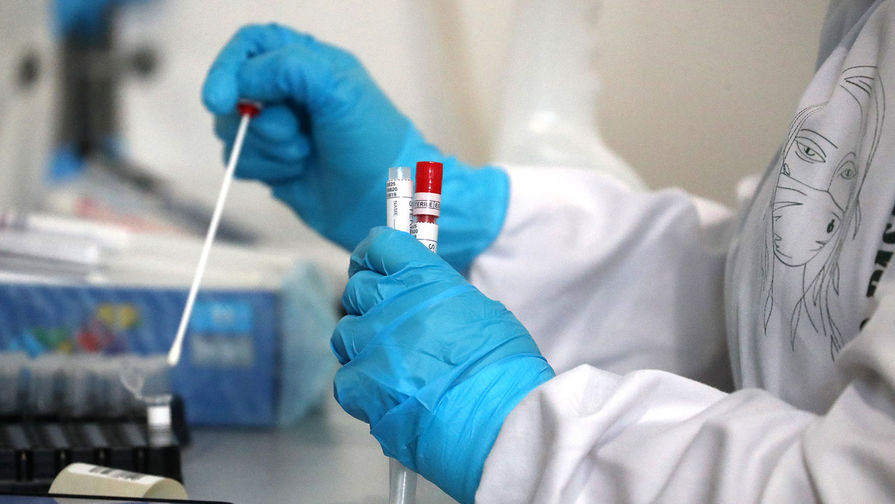Parents usually have a great influence on their child’s stress level before final exams: they expect high grades and winning a grant. Unfortunately, in the end, insufficiently good grades can lead to nervous exhaustion or even more disastrous consequences for children’s health. As Yelena Taytugoleva, deputy chairman of the board of LIC Nomad Life, notes, in order to avoid this and be able to pay for education, Kazakhstanis can start saving in advance with the help of special government programs.
According to expert, the fear of not getting a passing score and not making into a university, much less getting a grant, can often have a negative impact on children. “A piece of advice to parents is: try to understand the strengths and weaknesses of your child by holding in backlash. Explain your children that failing an exam is not the end of the world. If they don’t manage to enroll this year, there will be a next one, if they haven’t got into one college, they can apply to another,” Yelena Taytugoleva recommends.
The child should know that there is always a solution, and parents will always be supportive. However, the issue of the enrollee’s financial support, according to expert, should be considered in advance. How to financially get prepared for admission? The desire to win a grant primarily comes from financial motives; this can help the family reduce the tuition fee load. However, in case of the UNT unforeseen outcome, Kazakhstanis can use the state educational savings system (SESS).
“The advantage of this program is that, in addition to the parent, a life insurance company (LIC) or bank, as well as the state, help save up for education. As a result, SESS solves a number of issues: no need to take out a loan for education; no need to worry about getting a grant; a country of study can be chosen; or a domestic university with studying in a foreign language can be taken; in case of winning an educational grant, the accumulated funds can be spent on other needs. Unfortunately, the majority of parents are not aware of the SESS program as an opportunity to save for their child’s education,” the expert notes.
The amount that people can accumulate within the SESS framework is determined depending on tuition fee at the chosen university. For example, the cost of educating at KBTU for one year is around 2.3 million tenge, while at Al-Farabi Kazakh National University it is 1.3 million tenge. Thus, a lot depends on the parents’ financial capabilities: the larger the contribution amount, the higher the amount of savings, including the rate of return on the product (8% per annum) and the state premium (5-7% per annum).
“Insurance will be an extra perk when getting the SESS at a life insurance company. That is, if anything happens to the parent who opened a savings account for their child, the life insurance company will make payments under the contract in full, regardless of the number and amount of contributions made by the parent,” the expert notes.
Kazakhstanis are recommended to start saving money through endowment insurance as early as possible. The long term of the contract will allow parents to make lower contributions without much damage to the family budget and receive a high percentage of return from the LIC and the state premium. “For comparison, if a parent invests $10,000 for 5 years, the amount of savings will be about $14,000, for 10 years - $20,500, for 15 years - $28,500. Considering inflation and changes in the dollar exchange rate at the time of admission, there will be enough money for both, a university in Kazakhstan and studying abroad,” concludes the deputy chairman of the board of LIC Nomad Life.
The money saved up in advance will as a result allow you to insure yourself in case of failure to receive a grant, reducing stress for students and the financial loading for parents.
Photos are from open sources.





